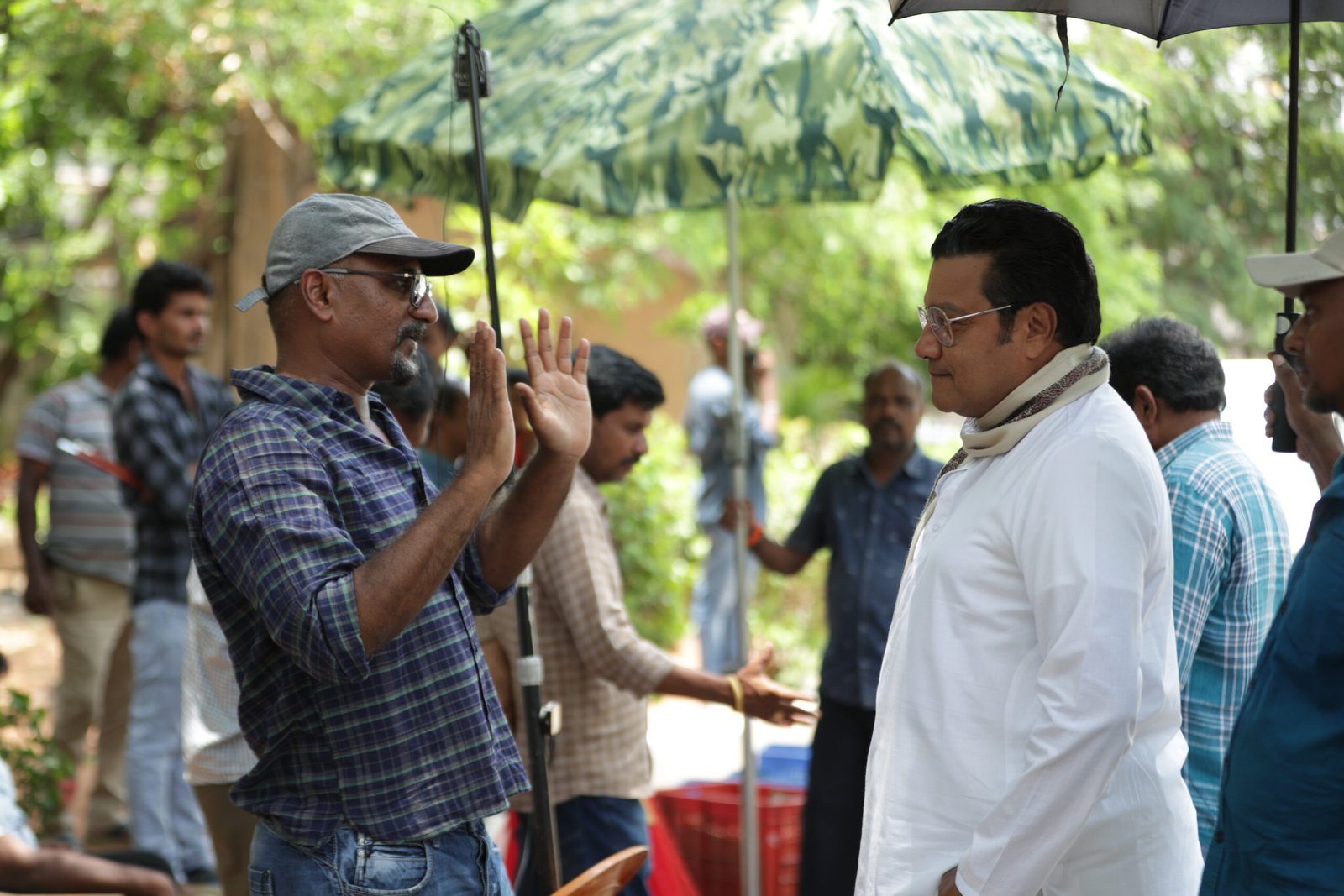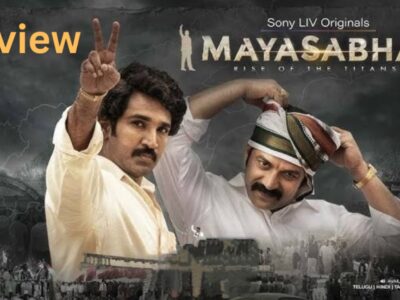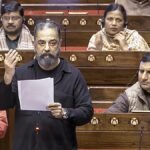Deva Katta filmography that explores politics, caste & cinema through his characters
Excerpts from an interview with Deva Katta post his latest hit webseries Mayasabha
Telugu cinema has often ventured into stories of politics and power, but few filmmakers have approached them with the intellectual depth and moral urgency of Deva Katta. It has been four years since his last film, Republic (released on October 1, 2021), a political drama that questioned whether Indians truly understand democracy. Recently when he has returned with Maya Sabha, a sweeping political series it once again placed him at the centre of conversations about cinema, society, and the way fiction can uncover uncomfortable truths.
Telugu cinema has often explored stories of politics, power, and people—but few filmmakers in Telugu film industry have approached these themes with the intellectual depth and philosophical intensity that Deva Katta has brought to the screen. Over the past two decades, his films have stood out not for commercial spectacle but for their moral complexity, sharp social commentary, and layered characters. From Vennela (2005) to Prasthanam (2010), Autonagar Surya (2014), Republic (2021), and now Maya Sabha (2025), he has consistently positioned himself as a filmmaker who treats cinema as a tool to probe politics, morality, and identity.
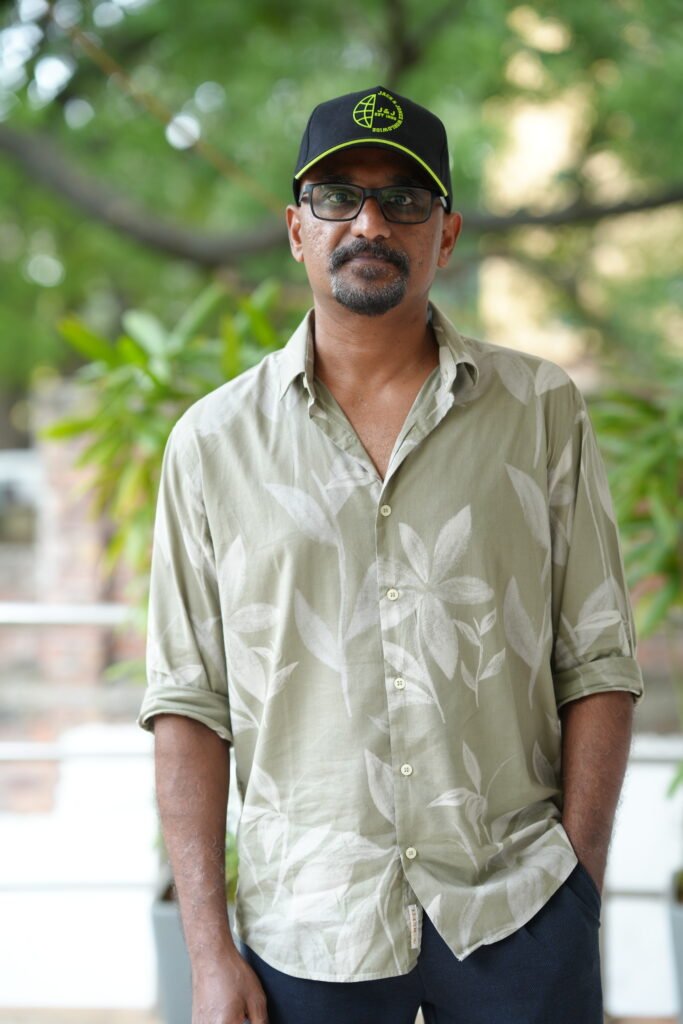
A Cinema of Ideas
For Deva Katta, stories have never been about surface-level entertainment. They have been philosophical inquiries disguised as fiction. Vennela—his debut—was a breezy love story on the surface but carried a sharp undercurrent about liberating love from possessiveness. Prasthanam became a cult classic because it reframed political succession as a moral tragedy, a Shakespearean tale of sin and consequence. Autonagar Surya explored self-esteem and dignity in a caste-driven society, while Republic questioned whether we as a nation have even understood democracy.
Now, with Maya Sabha, he has widened the canvas. The series is not about one leader or one biography; it is about the political awakening of an entire region and people. “People kept asking me if the story is based on real leaders,” he explained. “But even a biopic is a lie. What I have tried to do is use fiction—lies—to reveal deeper truths. Maya Sabha does not belonged to one character. It belongs to Telugu society itself, discovering democracy for the first time.”
Political Awakening as a Story
Set against the backdrop of Andhra Pradesh and Telangana’s transition in the late 1970s and ’80s, Maya Sabha has dramatized not the journey of one man but the rise of a collective consciousness. Deva Katta traced how a state once ruled by leaders chosen from Delhi began to assert its identity, its leadership, and its direct democracy. “That was the awakening I wanted to capture,” he said. “The awakening of my kutumbam, my Telugu family. And what has surprised me is how audiences in Tamil Nadu, Karnataka, Odisha—even beyond—have seen it as their own story. Because caste, politics, power, awakening—these are not Telugu stories alone. They are Indian stories.”
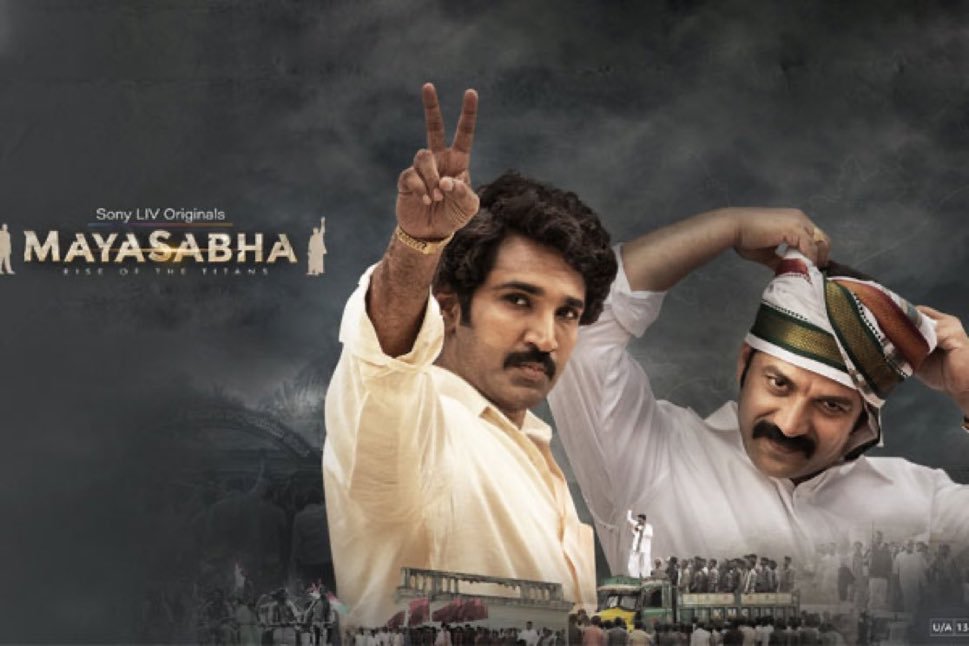
The Weight of Characters
If his films have endured, it is because of his characters—flawed, vulnerable, layered with contradictions. He has often said that a story can collapse if its characters lack depth. “For me, it has always been intent and obstacle,” he explained. “A character begins in weakness, faces challenge after challenge, and transforms through the journey. That transformation is what makes us care.”
In Maya Sabha, every leader, every rival, every ally is written with this philosophy. None are pure villains, none are pure saints. “Real leaders who inspired these fictional ones have had greatness and flaws,” he noted. “I wanted to portray them like Avengers—each one essential to the larger story. But audiences often resist this, because when they revere one leader, they do not want to see their rival shown as a hero. That resistance itself is the mirror I held up.”
The Caste Question in Deva Katta Films
One theme that has run through almost all of Deva Katta’s work is caste. He has never softened its edges or treated it as subtext. “The story of India has been the story of caste,” he has said. “It unites us and divides us. In Maya Sabha, I have stripped it bare. I wanted to show the raw voices, the resentments, the blind loyalties that caste brings into politics. If you cannot accept seeing your rival’s leader in a positive light, it has shown the chains you are still bound by—the slavery of ignorance.”

A Filmmaker’s Journey
Deva Katta’s clarity has perhaps come from his own journey. Born in Chennai, shaped equally by Tamil and Telugu cinema, and later educated and employed in the US for over a decade, he has absorbed influences from both Indian storytelling and world cinema. A passionate Telugu teacher in school ignited his love for writing. Tamil filmmakers influenced his sense of cinema, while classics like Sidney Lumet’s 12 Angry Men shaped his moral and ideological outlook. Over time, he has crafted a body of work that blends social realism with philosophical exploration.
Fiction as Honest Lies
At the heart of it all, Deva Katta has seen filmmaking as an exercise in honesty through lies. His characters, he said, are fragments of himself. His stories, though fictional, have mirrored truths that societies may resist acknowledging. Maya Sabha, in many ways, has been the culmination of his journey so far: a work that unites audiences across regions, sparks debates on democracy and caste, and challenges viewers to confront the stories they tell themselves.
“Cinema has always been about telling lies,” he has reflected. “But if those lies have revealed a deeper truth, then I have done my job.”
With Maya Sabha, Deva Katta has once again reaffirmed that he has been one of Telugu cinema’s most cerebral and fearless voices—a filmmaker who has made politics personal and fiction a mirror of society.


